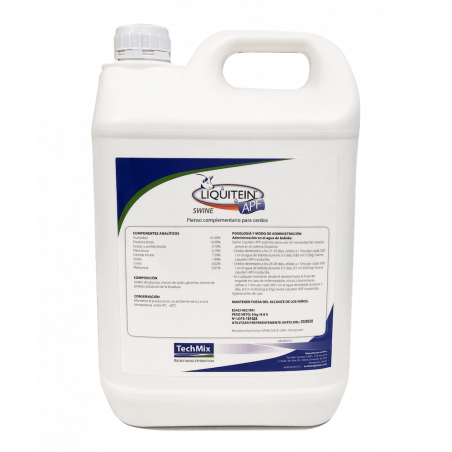Porcine respiratory coronavirus (PRCV) is considered a variant of transmissible gastroenteritis virus (TGEV). This virus is endemic in North America. Porcine respiratory coronavirus and TGEV may be differentiated on the basis of a blocking enzyme-linked immunosorbent assay. Negative status for PRCV is required by certain countries wishing to import swine from North America.
A study was conducted to determine if PRCV-negative piglets could be produced from PRCV-positive sows by early weaning and removal off-site for rearing.

Forty piglets were early weaned at approximately 7 days of age (range 5 to 12 days) from a PRCV-positive sow herd and tested monthly for PRCV antibodies and virus for a total of 4 months. While some piglets tested positive for PRCV at the beginning of the study, all pigs tested negative at the end of the study. This study demonstrates a method by which PRCV-negative animals may be attained for the purposes of export to countries requiring PRCV-negative status.
Burlatschenko S, Arsenault C. Elimination of porcine respiratory coronavirus by early weaning and segregation. J Swine Health Prod. 2015;23(4):208–213.




